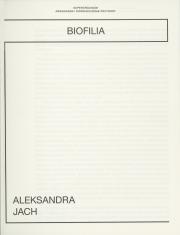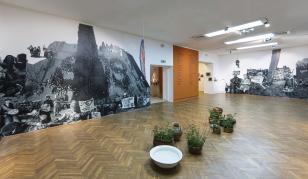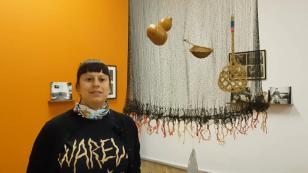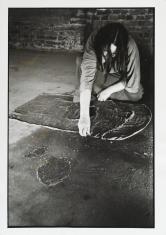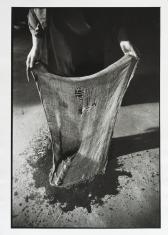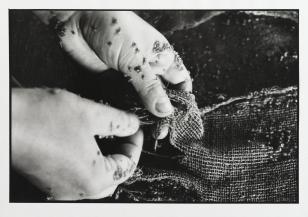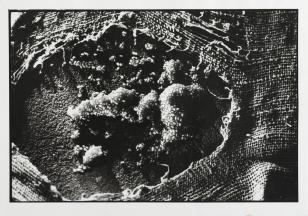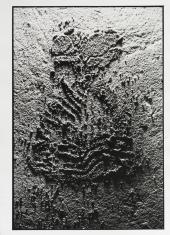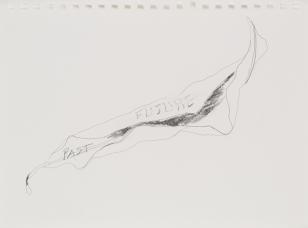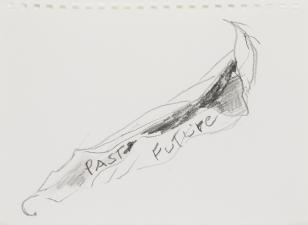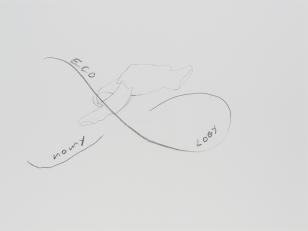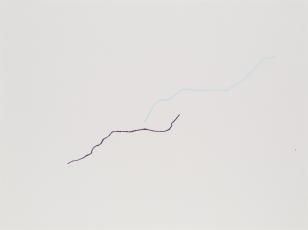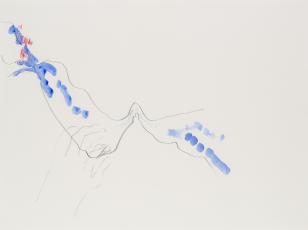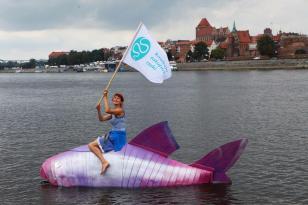Sztuka prefiguratywna w poszukiwaniu eko-utopii [wykład] / Prefigurative Art in Search of Eco-Utopia. Lecture by Ewa Domańska [pl]
| tytuł: | Sztuka prefiguratywna w poszukiwaniu eko-utopii [wykład] / Prefigurative Art in Search of Eco-Utopia. Lecture by Ewa Domańska [pl] |
| autor: | Ewa Domańska |
| rodzaj wydarzenia: | Wykład |
| miejsce wydarzenia: | ms2, sala audiowizualna |
| termin wydarzenia: | 08.03.2017 |
| czas emisji: | 01:45'40'' |
| produkcja: | Muzeum Sztuki w Łodzi |
| adnotacja: | Wydarzenie towarzyszące wystawie “Superorganizm. Awangarda i doświadczenie przyrody” |


![Sztuka prefiguratywna w poszukiwaniu eko-utopii [wykład] / Prefigurative Art in Search of Eco-Utopia. Lecture by Ewa Domańska [pl] Sztuka prefiguratywna w poszukiwaniu eko-utopii [wykład] / Prefigurative Art in Search of Eco-Utopia. Lecture by Ewa Domańska [pl]](https://zasoby.msl.org.pl/files/objects/images/4/mthumb_1_prefigura.jpg)
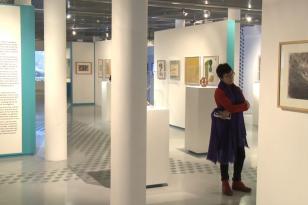
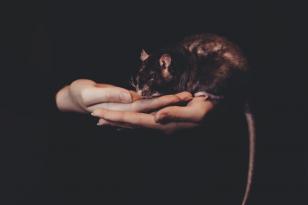
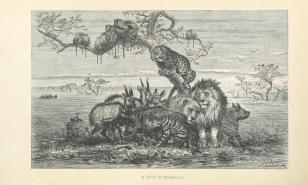
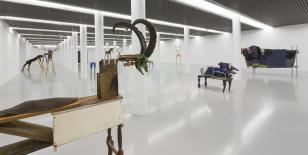
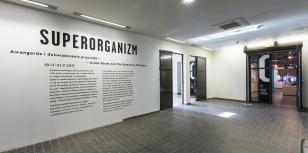
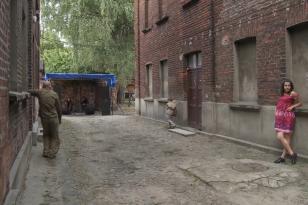
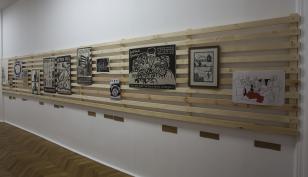
![Wszyscy ludzie będą siostrami – dyskusja [wykład] Wszyscy ludzie będą siostrami – dyskusja [wykład]](https://zasoby.msl.org.pl/files/objects/images/2818/thumb_1_wszyscy.jpg)
![Wszyscy ludzie będą siostrami - dyskusja / All men becomes sisters - discussion - dyskusja [pl] [rozmowy i wywiady] Wszyscy ludzie będą siostrami - dyskusja / All men becomes sisters - discussion - dyskusja [pl] [rozmowy i wywiady]](https://zasoby.msl.org.pl/files/objects/images/2827/thumb_1_029ff5e27ff22fcf396a9242b651af6d.jpg)
